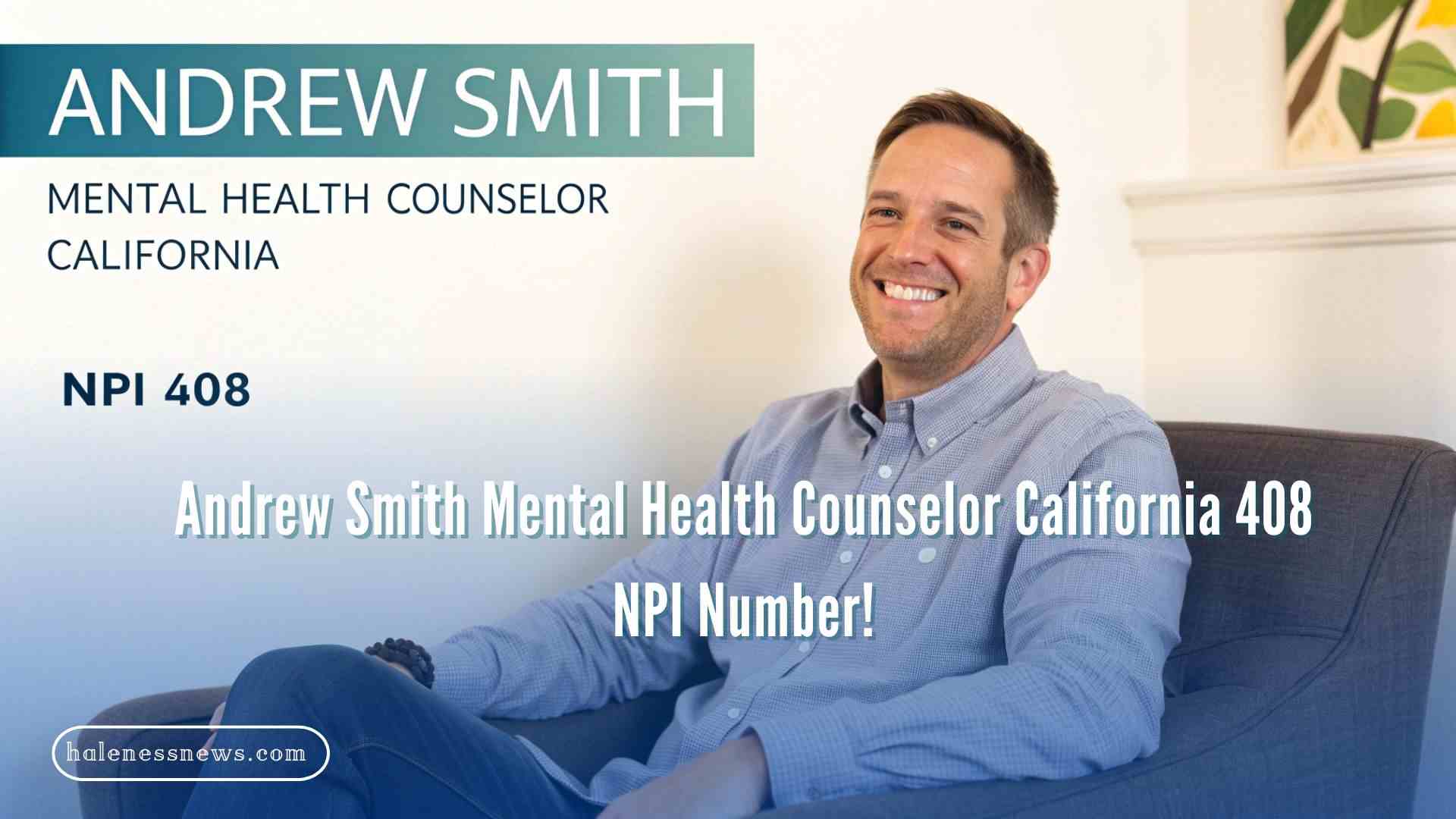Hypertension, commonly known as high blood pressure, affects millions worldwide and poses a significant risk to overall health. With detailed insights, the goal is to provide a structured understanding of this condition that impacts many women across different age groups. Here is more information on the symptoms specific to hypertension in women, effective management strategies, and key approaches for prevention:
Identifying Hypertension in Women
Hypertension often develops without noticeable symptoms, particularly in its early stages. This has led to its reputation as a “silent killer.” When symptoms do appear, they can sometimes differ in women compared to men, adding an additional layer of complexity.
Common signs include persistent headaches, dizziness, and fatigue. Shortness of breath or swelling of the ankles, feet, or abdomen may also occur, signaling advanced problems. Some women experience complications during pregnancy, such as preeclampsia, which is directly linked to high blood pressure. Menopause may trigger changes in blood pressure levels due to hormonal fluctuations, leading to symptoms like heart palpitations or increased stress levels.
Managing High Blood Pressure
Effective management begins with accurate diagnosis and consistent monitoring. Blood pressure readings provide key information about the condition’s progression. Regular updates on readings help track changes and assess the effectiveness of prescribed treatments. A diet low in sodium and rich in fresh fruits and vegetables helps control blood pressure. Incorporating physical activity into daily routines strengthens heart health and promotes better circulation.
Medication often plays a key role in treatment. Healthcare providers evaluate the type and dosage based on age, overall health status, and underlying medical conditions to achieve optimum outcomes. Common prescribed medications include ACE inhibitors, beta-blockers, or diuretics. Follow-up appointments make sure that the treatment plan aligns with ongoing health needs.
Exploring Preventive Measures
Prevention focuses on adopting sustainable habits that reduce the likelihood of high blood pressure developing. Maintaining a healthy weight is one of the most effective strategies. Excess weight increases the workload on the heart, leading to elevated blood pressure over time. Regular physical activities, such as walking, cycling, or swimming, aid in weight management and cardiovascular health.
Nutrition also plays a pivotal role. Consuming a balanced diet filled with whole grains, nuts, lean proteins, and vegetables supports long-term health. Limiting processed foods and reducing sodium intake minimizes factors contributing to high blood pressure.
Monitoring health regularly often acts as an early warning system. Routine check-ups with medical professionals and home blood pressure monitoring provide insights into trends over time. Early detection allows for timely intervention, preventing serious complications down the road.
Find a Cardiologist
Hypertension remains a pressing health issue, but understanding its symptoms and management options equips women with the tools to address it effectively. Recognizing common signs such as persistent headaches and fatigue, adopting positive lifestyle changes like a balanced diet and regular exercise, and monitoring health regularly all contribute to improved outcomes. By taking proactive steps, women can minimize the impact of hypertension and maintain overall well-being. For tailored health advice and management strategies, consulting a healthcare provider is recommended.
- How Acupuncture Can Complement Other Forms of Pain Relief
- Understanding the Emotional and Physical Benefits of a Breast Lift
- Toothache or Infection? How to Tell the Difference and What to Do About It
- Hypertension in Women: Symptoms and Management
- How Orthopedic Specialists Tackle Sports Injuries Effectively









